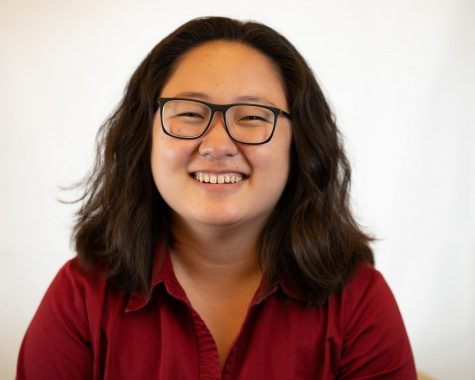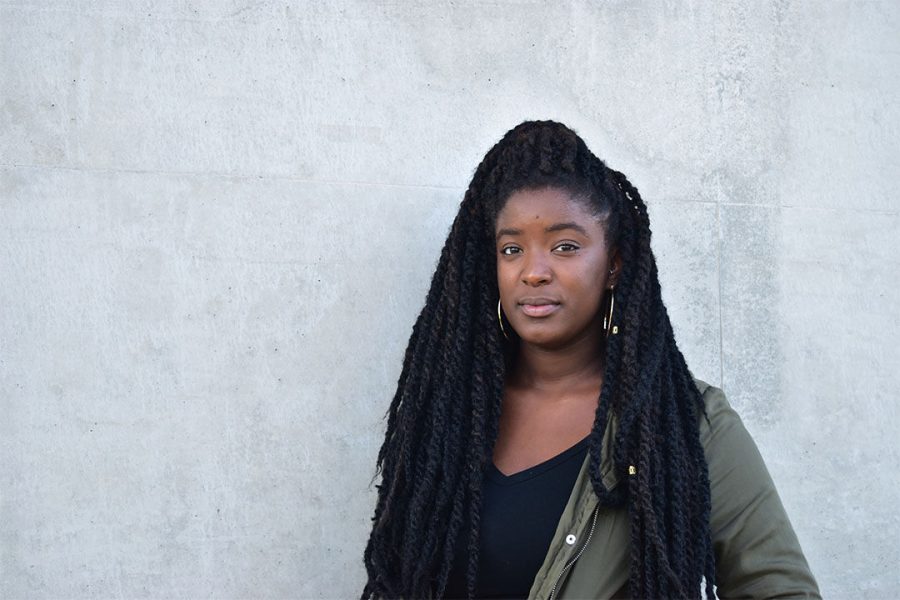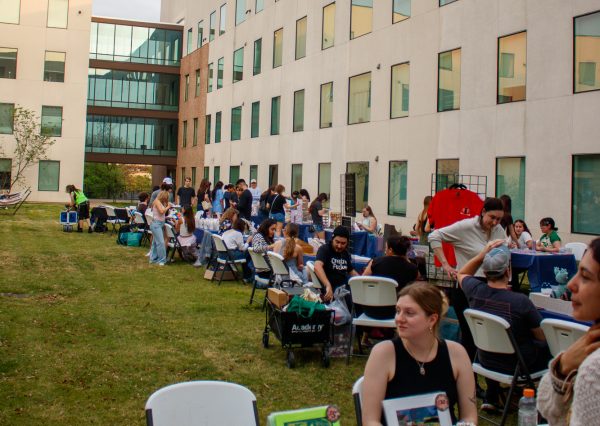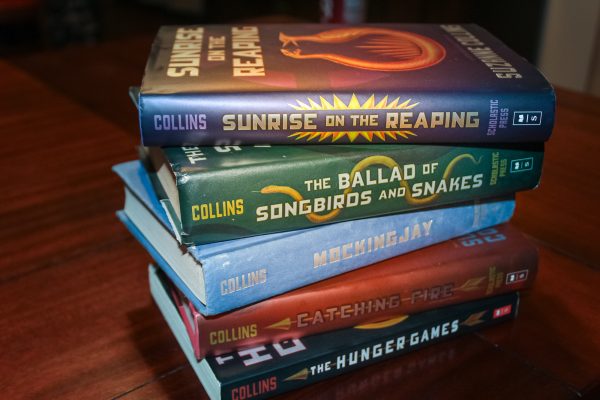Black Student Alliance President shares personal struggle, inspiration
After the deaths of Alston Sterling and Philando Castille, junior Genevia Kanu felt a responsibility to step up as president of the Black Student Alliance.
Black Student Alliance President Genevia Kanu recounts the events that led to her current position. Kanu speaks about two cases of police-involved shootings with African Americans, which occurred over the summer and personally affected her.
“The Alston Sterling case for me was triggering because all these cases to a certain extent were triggering, but then two days later, Philando Castille was shot and it was too much. There’s no other way to describe it.
“And for most people, it’s like, ‘Why does it matter? You don’t know them.’ But it could have been me. It could have been my uncle; it could have been my brother; it could have been my best friend.
“And I just couldn’t believe that this was the country I lived in. This is 2016. And I still have to walk around in fear of my life.
“I remember walking to the office and one of the women in the office was talking about just random small talk, and I got pissed.
“Pissed is an understatement. I was so overwhelmed with emotion. Why was this important but the death of two unarmed men was not? Why was that not as important, why was that not a discussion?
“But a lot of people just carried on with their day and I was like, ‘What the hell? Why am I walking around, why am I concerned, why am I upset that two people have just died? Fathers, brothers, people have been killed and no one else is concerned, no one else is in mourning, no one else seems to be hurting or carrying this amount of pain that I am.’
“When I went to my room. I started crying and I said, ‘BSA has to exist. I don’t care what I’m doing, I don’t care if I’m the president, if I’m the secretary, if I’m the janitor. Whatever BSA needs, this has to happen, this has to be here this year because black students need a voice on this campus.’
“We need a space to congregate and to mourn together and to discuss those things and ask each other, ‘Are you okay?’ We need that because if no one else is going to care, if a teacher is not going to ask me, if no one else is going to bring it up, if they aren’t going to put the flag at half-staff, people are going to know at least in this space that it matters, that you matter, that your life matters.
“That is how I stepped into the role; how I decided that I wanted to be an active participant.
“I wanted us to be a resource but I wanted us at the very least to be a community and a support system and for them to know, even when you are walking through your day, when you are in a classroom with 25 people and you’re the only black person, when you are walking 15-20 minutes and you do not see another person that looks like you, I wanted them to know that we’re there.
“And you aren’t alone because I think sometimes on this campus, it can feel like you’re by yourself. So I wanted them to know that they had a community. I want BSA to be a place for students to come and feel like it’s a place to cry and be yourself, to learn to grow, to challenge each other.
“It’s one of those weird movie moments where it’s like, ‘This is my purpose.’”

I am Lilli Hime—English Writing and Rhetoric major and freelance writer at Hilltop Views. This is my senior year at St. Edward's University.
My role...







